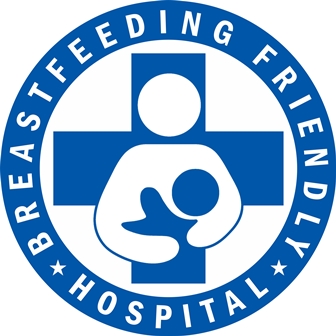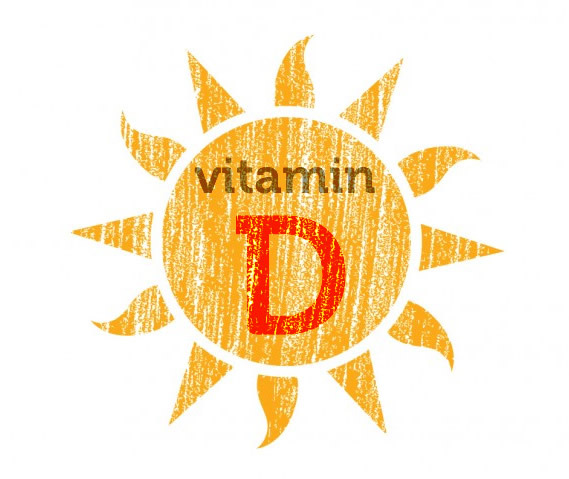9 shocking diseases that formula fed babies are prone to compared to breastfed infants

Breast milk is the best source of nutrition for for an infant, especially in the first few months of its life. Yet, many people tend to compare “formula milk” with breast milk. Formula milk not only fails to match the nutrition that breast milk can provide, but also makes the infant prone to health issues.
Here are 9 shocking diseases that formula fed babies are prone to compared to breastfed infants
- Infectious Morbidity (death due to infections) :Compared with breastfed infants, formula-fed infants face higher risks of infectious morbidity in the first year of life. These differences in health outcomes can be explained, in part, by specific and innate immune factors present in human milk.
- Otitis Media (Ear infections) : Approximately 44% of infants will have at least 1 episode of otitis media in the first year of life, and the risk among formula-fed infants is doubled compared with infants who are exclusively breastfed for more than 3 months.
- Lower Respiratory Tract Infection: infants who were not breastfed faced a 3.6-fold increased risk of hospitalization for lower respiratory tract infection in the first year of life, compared with infants who were exclusively breastfed for more than 4 months.
- Gastrointestinal Infections (Stomach infection/ food poisoning): Multiple studies suggest that formula fed infants face an increased risk of gastroenteritis and diarrhea. Infants who were formula fed or fed a mixture of formula and human milk were 2.8 times more likely to develop gastrointestinal (GI) infection than those who were exclusively breastfed.
- Necrotizing Enterocolitis (Death of intestinal cells): Among preterm infants, not being breastfed is associated with a 2.4-fold risk of NEC.
- Obesity and Metabolic Disease: Epidemiologic studies suggest that children who are formula fed in infancy are more likely to become obese or develop type 2 diabetes.children formula fed in infancy were 1.1 to 1.3 times as likely to become obese as children who had ever been breastfed. Being formula fed in infancy is also associated with a 1.6-fold risk of type 2 diabetes, compared with being breastfed. Some studies have also suggested an increase in risk for cardiovascular disease, including higher blood pressure and less favorable lipid profiles,but the literature is mixed.
- Neuro development: Several studies reported modestly lower IQ scores in formula fed children compared with breastfed children, whereas others reported no association between infant feeding and intelligence. At age 6.5 years, verbal IQ scores were 7.5 points lower among children in the usual care group than among children in the breastfeeding support group.
- SIDS (Sudden Infant Death syndrome- choking): Formula feeding is associated with a 1.6 to 2.1-fold increased odds of SIDS compared with breastfeeding. These associations persisted after adjustment for sleeping position, maternal smoking, and socioeconomic sttus.
- Infant Mortality: Formula feeding is associated with a 1.3-fold higher risk of infant mortality in the United States compared with ever breastfeeding.
Apart from providing right nutrition, it is also important on the part of parents, to monitor the health indicators of mother & baby continuously. eKincare – your personal health manager helps you upload your medical reports, health indicators & consolidate medical history on a secure, cloud based platform, thus helping you manage your health in a better way.
Recent Posts
-
-
ROLE OF VITAMIN D IN BABIES
Nov 17, 2022
-
ALL ABOUT JAPA MAIDS
Nov 17, 2022
-
COSLEEPING
Nov 14, 2022
-
Morning Sickness during pregnancy
Nov 07, 2022





